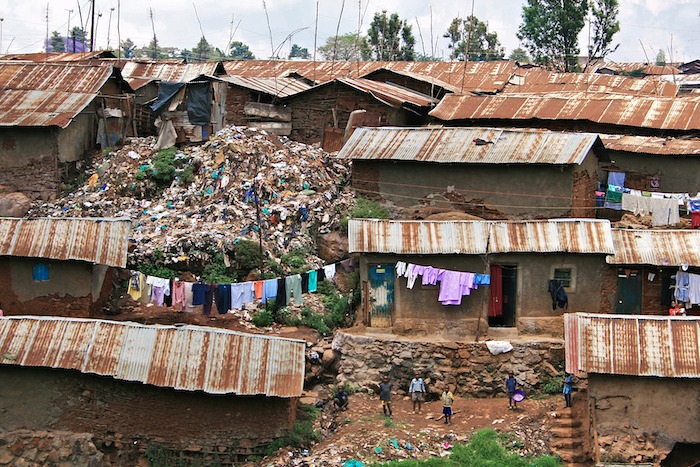Access to affordable housing is a pressing issue for millions of families around the world. Too many people are caught in a cycle of poverty, struggling to secure decent living conditions.
The challenges of finding affordable homes, paying high rents, and living in unsafe or overcrowded conditions affect people of all ages and backgrounds. Here are seven key insights into how poverty and housing are deeply connected, and why this crisis needs urgent solutions.
Poverty is More Than Just Income
Poverty isn’t just about having little money. The United Nations Development Program explains that poverty is a broader issue that also includes things like access to health care, education, clean water, sanitation, electricity, and good housing. These elements are all necessary to ensure families can live decent lives. Without them, even families with steady incomes can still struggle to meet their basic needs and live in dignity.
Poverty Affects More People Than You Might Think
Poverty doesn’t look the way you might expect. Families can fall into poverty for many reasons—such as a health crisis, losing a job, or a natural disaster. In the U.S., nearly 40% of households don’t have enough savings to survive a financial shock. Around the world, the effects of poverty are even worse. Every five seconds, a child under 15 dies from preventable causes that poverty makes worse. And while many associate poverty with big cities, rural areas in places like Romania, Indonesia, and the U.S. have higher poverty rates than urban centers, showing that poverty can strike anywhere.

Affordable Housing is Hard to Find
There aren’t nearly enough affordable homes to meet the demand. In the U.S., for every 100 families with extremely low incomes, only 35 homes are available that they can afford. The global gap in affordable housing—what people can actually pay versus what homes cost—is huge, with the affordability gap reaching nearly $650 billion every year. This highlights the widespread struggle many families face in securing a home they can actually afford.
A Full-Time Job Isn’t Always Enough to Afford Housing
In many places, working full-time doesn’t guarantee access to affordable housing. In the U.S., someone earning the minimum wage would need to work more than 127 hours a week—three full-time jobs—just to afford a two-bedroom rental. To afford a one-bedroom apartment, they’d need to work 103 hours per week. This means even people working full-time jobs often can’t make ends meet when it comes to housing, showing how income alone isn’t enough to secure a stable home.
Having a Home Doesn’t Mean Stability
Even owning a home doesn’t always mean a family is secure. In the U.S., nearly 38 million households—about 31.5%—spend more than 30% of their income on housing. This forces families to make difficult choices between paying rent and affording basic necessities like food, health care, and transportation. Worldwide, housing poverty isn’t just about rent or mortgages. Over 15% of people have no access to electricity, 25% lack proper sanitation, and 11% don’t have clean water, all of which create unsafe living conditions for millions.
Owning a Home Can Help Break the Cycle of Poverty
Homeownership remains one of the most effective ways to build wealth and create stability. When families own their homes, they have a more predictable living situation compared to renting, where costs can rise unexpectedly. A stable home environment also allows children to do better in school and grow up with better opportunities. By having a secure place to live, families are more likely to break free from the cycle of poverty.
Housing and Health Are Closely Connected
The quality of the housing you live in can have a big impact on your health. Homes with mold, pests, and overcrowding can trigger or worsen respiratory conditions like asthma. Poor housing can also make it easier for diseases like tuberculosis, pneumonia, and cholera to spread. During health crises, like the COVID-19 pandemic, the conditions of overcrowded homes made it harder to stay safe, proving how deeply housing affects public health.



